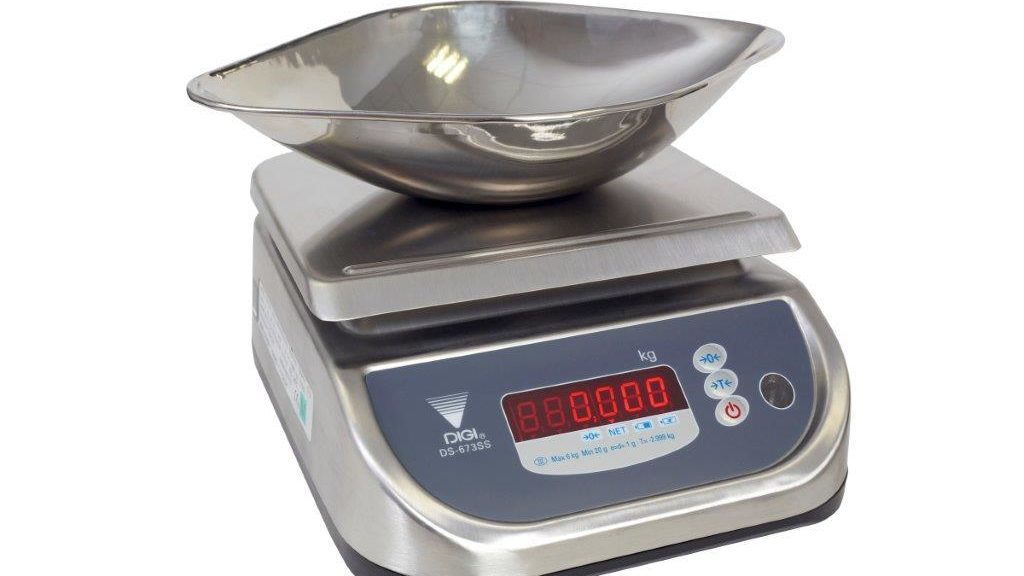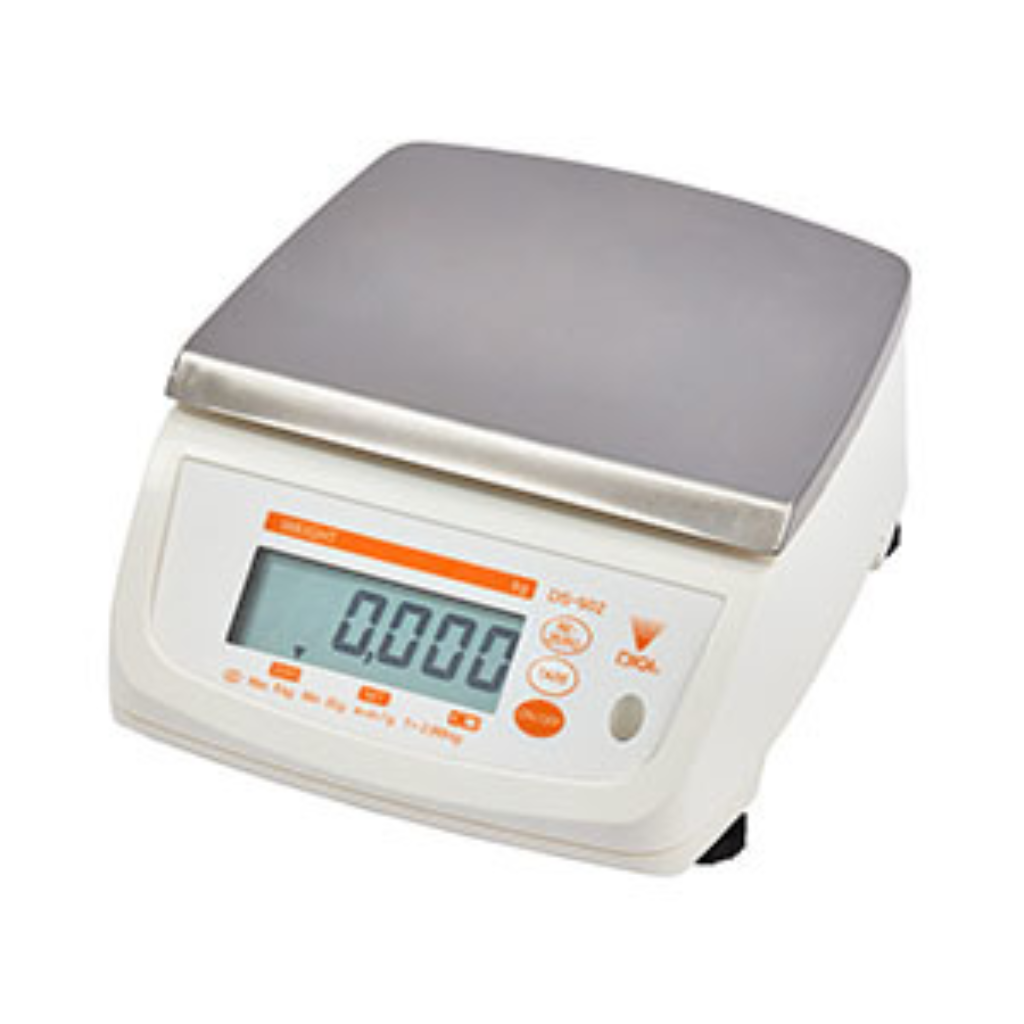Best Practice: How to Weigh Blood

The Association of Women's Health Obstetric and Neonatal Nurses (AWHONN) recommends that cumulative blood loss be formally measured or quantified after every birth.
Excessive blood loss during childbirth is a leading cause of maternal mortality, according to Royal College of Obstetricians and Gynaecologists (RCOG).
But how should you go about monitoring blood loss? This blog post explains.
Why should you ensure weighing scales are used to weigh blood?
It is vital you use accurate measures to monitor blood loss. By assessing by visual inspection there is the potential for large errors. Some reports even show that the amount of blood estimated to have been lost by visual inspection is half of the measured loss.
Overestimation can lead to costly, invasive and unnecessary treatments and people are exposed to unnecessary risks. Underestimates can lead to a delay in delivering life saving interventions.
Using a quantifiable method to monitor blood loss, i.e. weighing, is significantly more accurate. Accurate and timely recognition of excessive blood loss by clinicians is crucial because it leads to the initiation of blood transfusions and other efforts.
How do you calculate blood loss in a theatre?
Step 1: Weigh a dry swab on a weighing scale and use the Tare function to deduct this weight. The scale will show a minus reading.
Step 2: Add the blood soaked swabs to the scale and weigh. The weight of the swab will be Tared away, leaving just the weight of the blood.
Step 1: Weigh an empty sunction bottle and use the Tare function to deduct this weight. The scale will show a minus reading.
Step 2: Fill the suction bottle with blood and weigh on your scale. The weight of the bottle will be Tared away, leaving just the weight of the blood.
What Medical Scale Do You Need?
If you are weighing blood in an operating theatre, the scale needs to be waterproof and at the least, Class III Approved. An IP rating ensures the scale cannot be contaminated by the blood, and be cleaned thoroughly after use.
The DS-502 Swab Scale is IP65 splashproof and Class III Approved. Powered by 4x C-sized batteries it can be used anywhere, and a choice of capacities and graduations mean the scale can be tailored to your needs.

Alternatively, the Class III Approved DS-673SS is IP68 fully waterproof so can be thoroughly washed down. The scale is powered by rechargeable battery for 40 hours of continuous use. It has a large, bright display for use in poor lighting conditions.
The Shimadzu ATX is Class I Approved ensuring very high accuracy to 0.001g. This scale automatically calibrates, and a printer or PC can be connected to it to store records of the weights.
Related Products
For more information on any of our scales suitable for weighing blood, call Marsden Weighing on 01709 364296 or contact us.
You can also check out our Theatre, Swab, and Mortuary scales.